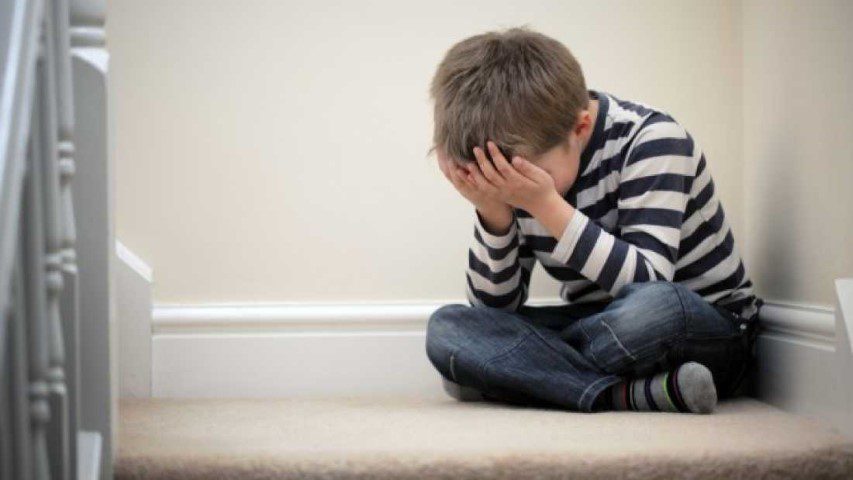Bullying, Maggie in the Media, Press & Online, Social Skills & Friendship Issues
Bullying: It takes a mindless society to raise a heartless bully

The Rigby Report on bullying in Queensland schools released last week (April 2010) suggests that schools are failing students who are being bullied.
That may be the case, but what about the rest of the modern world being called into account?
Human relationships are suffering in many areas today. We have lost the ability to live as connected families and communities that care for the greater good rather than the distorted adoration of the few.
Parents have to invest time and energy to raise emotionally and socially competent children who have healthy boundaries around things like mobile phones and computers and who know that being cruel and mean is simply not OK.
This is learned by endless hours of play with real people, pets and definitely other children.
Research shows that inappropriate behaviour in young people is often triggered by unmet needs and feeling “out of control” with unclear boundaries, mixed messages and lack of loving adult guidance certainly adds to the core problem.
The unsupervised over-use of screens instead of real play and connection with others may be costing our young people dearly, because the only way to learn how to get along with others is by doing a lot of it, with help from adults who show us how to be kind and gentle.
Homes are often very busy places with too much stuff, too many distractions, too much noise and very little space for human intimacy and connection. Some families even text each other from their bedrooms.
This stressful pace of living is creating highly stressed children who will struggle with the emotional competences of delaying gratification, managing impulses, persisting in the face of frustration, being able to empathise and being aware of feelings.
This emotional illiteracy can have toxic impacts in both our homes and schools. Stressed children and adolescents are really struggling in our chaotic world.
The pressures of the modern world, especially consumer gluttony, can distort what is important in human relationships.
The value of individuals is something that comes from within, from their character and their ability to pursue their own lives while living within a social collective.
One of the biggest drivers of violent and aggressive behaviour is the absence of human connectedness.
This unresolved emotional turmoil can create irrational choices to project a sense of power. Then, once the bully is born, those they bully struggle to avoid being abused and hurt, and sometimes take matters into their own hands.
The visual and virtual world must also be accountable. The normalising of violence, through cartoons and films, shapes young consciences.
While much of this happens at home, there is little in our busy schools that addresses this invisible shaping and this is sad. With mindfulness training and supportive teaching, children can learn to develop a kinder way of being.
The most important protective factor schools can build is having a strong play-based curriculum from kindergarten to Year 12. The more play, the better the chances that children and adolescents can develop emotional and social skills.
The more a school does to build relationships, the better the school culture will be and the less bullying.
I have worked with principals who have done this to find that bullying disappeared and so did truancy.
Children need help to learn how to be good friends to themselves and to others.
We must not lose another student to the scourge of emotional illiteracy, the absence of safe environments and the profound yearning for deep human connectedness.
Originally published in The Courier-Mail, 2 March 2010
Image credit: ©️ Brian Jackson /Adobe Stock – stock.adobe.com



